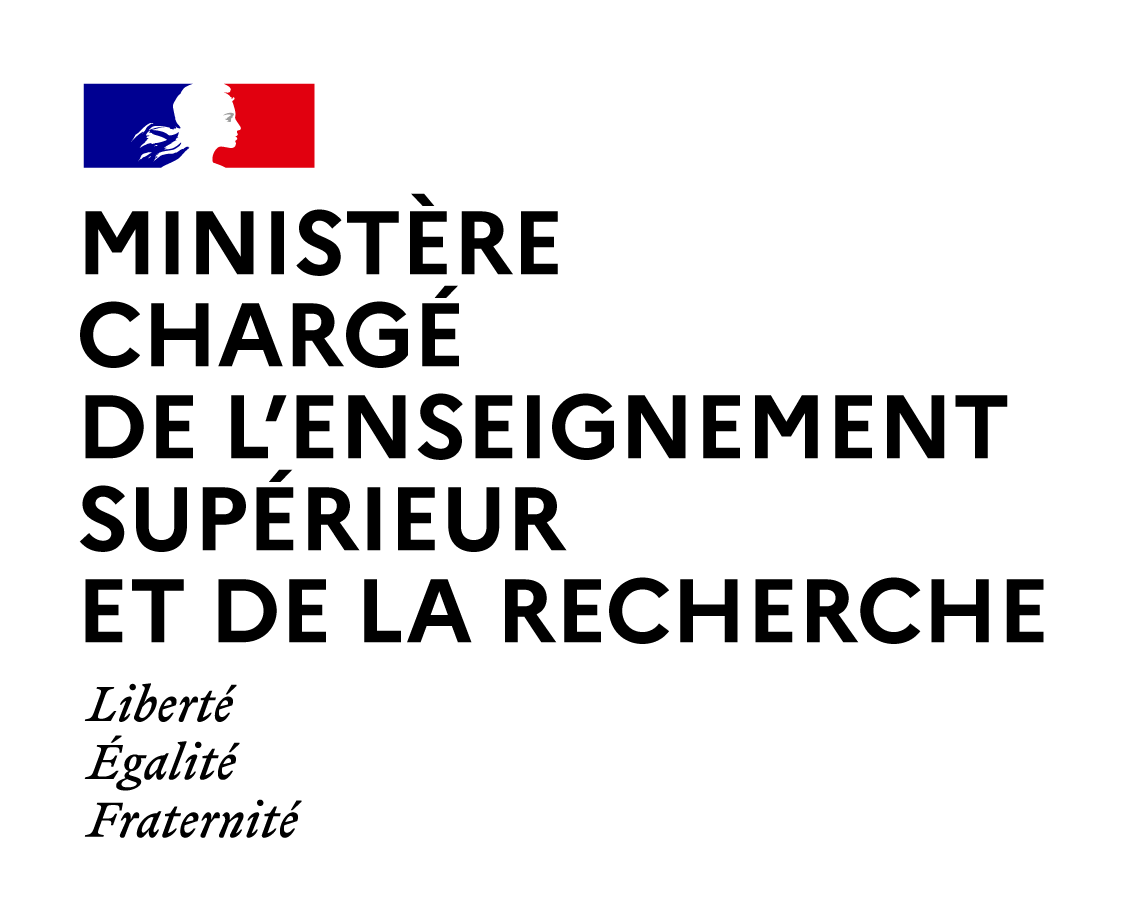Line III - Patrimony, heritage, rewriting
This line of research aims to address the concept of heritage as a set of dynamic transmission processes, a selection and protection of objects or intangible production, but also as a space for rewriting that recomposes past usage to mobilise new collective relations of reinvestment in or disaffection for remembrance.
Patrimony and "patrimonial invention". From this perspective, it is the dialectic of "patrimonial invention" as recently proposed by the historian Dominique Poulot1 which will be our priority field of research to look into the long-term successive reconfigurations of our relationship with the past and culture insofar as, according to Poulot, "heritage can be included in a time relationship which is not necessarily that of history and which sometimes it rejects". The aim, therefore, is to examine the political, social, cultural and identity issues that come together in this sense or engage in the collective construction of a time both authenticated and rediscovered, lived and shared, thanks to patrimony that "makes heritage" and identifies a given society. From the study of normative operations, theoretical discourses and institutional practices that contribute to the development of patrimonial status, we will consider how patrimonialisation projects, creates and transmits an incarnation of national sovereignty, of collective identities and modes of cultural sharing.
Phases and systems of patrimonialisation. We wish to pay particular attention to the historical periods marking a transition in the development of new heritage awareness from ancient times to the contemporary period, and to junctures caused by crises and the questioning of the grand narratives and established patrimonialisation systems. This specific approach to the phases of patrimonialisation should allow for a more detailed analysis of national cultural and political contexts bearing witness to the emergence of new heritage and the de-patrimonialisation of others. Indeed, the evolution of value paradigmsassociated with heritage renews in different ways a general relationship with the past and with memorabilia which can be analysed as general strategies for the rewriting of history by given communities. This approach to the heritage phenomenon from a diachronic point of view could, for example, consider the conception of heritage as a sovereign treasure for the period of the Old Regime followed by the advent of heritage considered as the depository of citizenship values of the modern nation-state or the emergence and contemporary crisis of the democratic model proposing the equal sharing of heritage and culture.
Renewal of contemporary issues and heritage inflation. Choice of the concept of heritage was guided by the contemporary renewal of social practices that it mobilises and by the timeliness of the intellectual debate it has recently raised. It may be recalled that François Hartog diagnosed the joint phenomenon of inflation of all that is memorial and all that is heritage in contemporary societies following the fall of the Berlin Wall in 1989, as the most prominent symptom of a major change in the historicity system in the West which he interpreted as the advent of presentism or "a time in which the present point of view prevails".2 According to the sociologist Nathalie Heinich,3 something similar occurred in France through an analysis of the construction of a "heritage factory" that appeared to operate at full capacity in the early 2000s with a production line of the heritage function ranging from "spoon to Cathedral". In the literary field, researchers have also drawn attention to the ambiguity of the heritage policy applied to national literature (Roussin, 2011). Over and above these symptoms of contemporary "over-patrimonialisation", these French approaches encourage us to extend the reflection over the long-term and to de-centralise the perspective by engaging epistemological issues related to the "All-heritage" in a broader geography of thought and analysis of patrimonialisation.
Heritage in times of globalisation: Heritage Studies and Southern turn. Since the early 2000s, the disciplinary field and institutional practices related to the analysis of patrimonialisation were projected beyond the limits of issues traditionally circumscribed to conservation and musealisation, giving rise to intense reflection opening the field of social sciences to many other outside disciplines. The recent emergence of an autonomous field of research, the so-called Heritage Studies in the Anglo-Saxon world, is based on a post-disciplinary approach intending to be a crossroads of knowledge between law, anthropology, ethnology, history, archaeology, museology, art history, but also architecture, geography and sociology of tourism, and even the geopolitics of culture. Moreover, it should be noted that this disciplinary theoretical effervescence swiftly became institutionalised (in only 5 years we have witnessed the creation of Heritage Studies or Cultural Heritage Studies in a number of journals, research centres, international networks and internationally renowned academic studies).
According to its main advocates, the institutionalisation of heritage in the form of global know-how is intimately linked to the emergence of non-Western actors calling for a transnational "subalternist" approach to questions of values related to heritage-making. Challenging the analyses in terms of relations between the centre and the periphery, the major intellectual figures of the current field of "heritage studies" are on the verge of a major shift in contemporary thought, i.e. a "Southern turn"4 involving Asia, Africa and Latin America. In this regard the Casa de Velázquez, historically focused on Southern Europe and Latin America, is destined to lead the discussion on the construction and historical development and the critical approach to heritage, which includes contemporary openness in terms of disciplines and geographies to forge new North/South dialogue around these issues.
1 Dominique POULOT, Une histoire du patrimoine en Occident (XVIIIe-XXIe siècle) : du monument aux valeurs, Paris, PUF, collection « Le Nœud gordien », 2006.
2 François HARTOG. Régimes d’historicité. Présentisme et expérience du temps, Paris, Seuil, 2003.
3 Nathalie HEINICH, La Fabrique du patrimoine. De la cathédrale à la petite cuillère, Paris, éditions de la Maison des sciences de l’homme, 2009.
4 Jean & John COMAROFF, Theory from the south: or how Euro-America is evolving toward Africa, Boulder (Colorado), Paradigm publishers, 2011.


